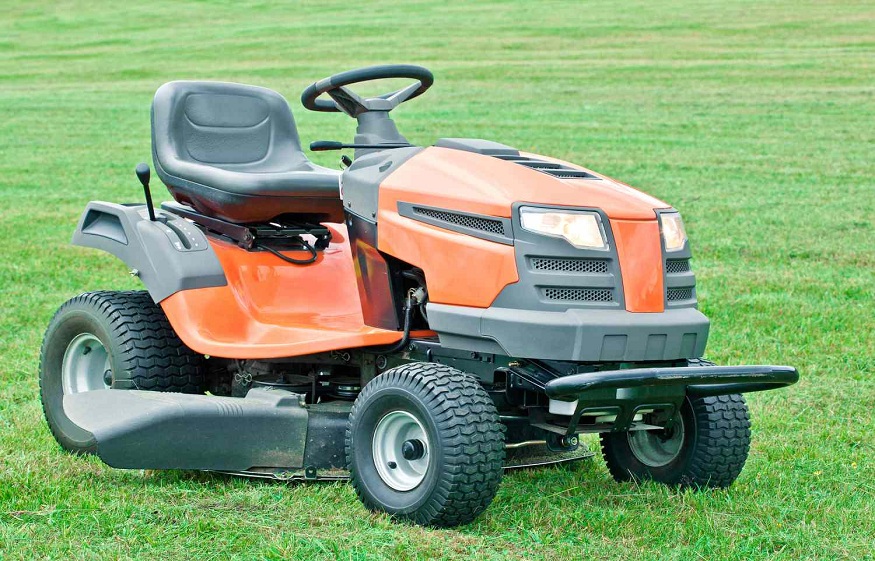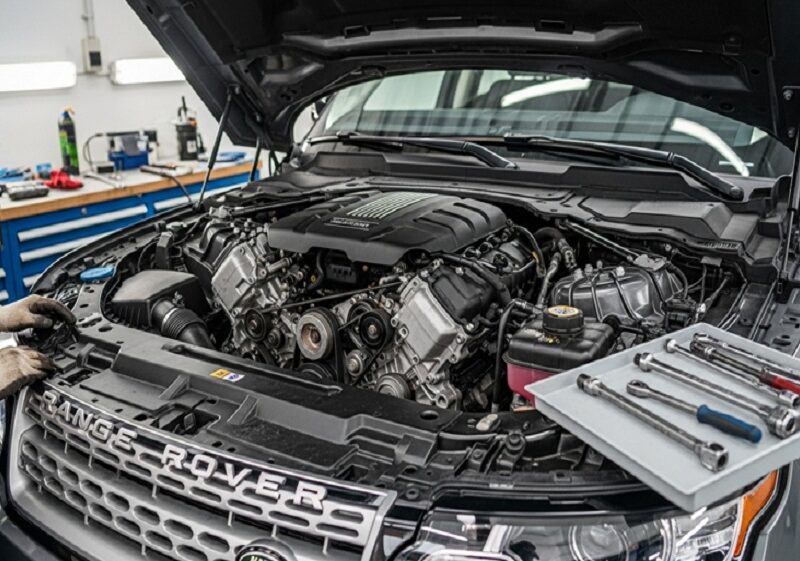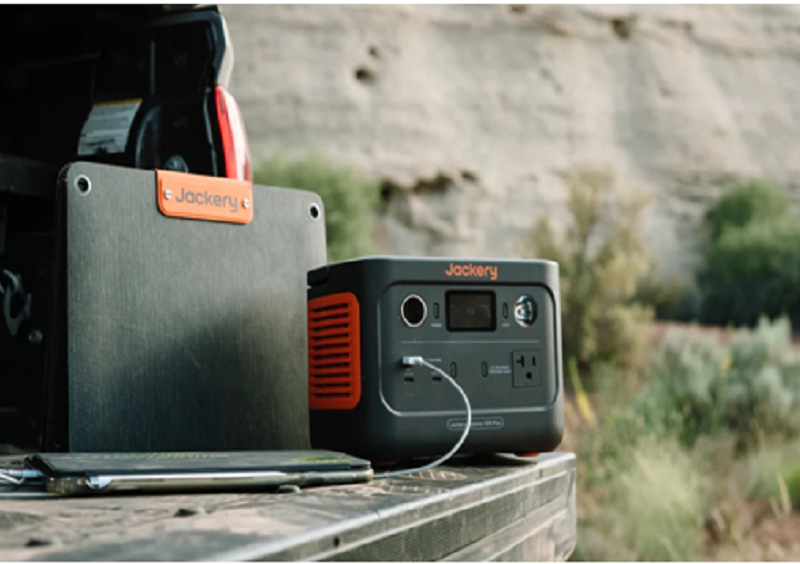Investing in a premium garden tractor allows for tackling yard maintenance and landscaping projects with professional-quality results. But all tractors are not created equal when it comes to durability, performance, features, and overall value. Specific pivotal factors signal a top-notch, durable tractor engineered to deliver years of dependable operation. Utilize this guide to recognize the characteristics of the finest garden tractors while navigating your purchasing decision. A quality garden tractor is constructed from thick, reinforced steel or cast iron components, not plastic or thin sheet metal prone to dents. Solid steel frames, chassis, front axles, and mower decks withstand rugged use without damage or flexing. Premium models undergo rigorous testing to verify structural integrity.
Examine materials firsthand rather than just assuming quality.
Insist on robust transmissions
The transmission experiences significant stresses, so the best garden tractors have beefed-up transmissions rather than basic affordable designs. Look for peerless gear transmissions on smaller tractors and heavy-duty shaft-driven transmissions on larger models. Quality transmissions outlast cheaper versions by thousands of hours. A quality garden tractor should have a unified, fully-welded steel frame incorporating the axles, body, engine, and chassis for maximum structural integrity. Bolted assemblies are weaker and prone to becoming loose over time. Examine the underside closely to check construction. Solid frames prevent cracks under load.
Check sturdy deck construction
Premium mower decks utilize 10-gauge steel or cast aluminum reinforced with strength ribs for flat, consistent cutting and resistance to impacts. Avoid thin steel decks prone to warping and vibrating. Quality decks also have securely bolted spindle assemblies rather than weak weld joints. Long engine life requires commercial-grade blocks built thicker and stronger than standard consumer models. Quality tractors incorporate transaxles designed for demanding commercial use, not light-duty consumer versions. Commercial axles handle much higher torque loads and last for thousands of hours.
Check heavy-duty front axles
Basic garden tractor front axles are hollow tubes that bend when overloaded. Better models have solid cast iron or forged steel front axles up to 1 inch thick that resists bending or damage from impacts. A flimsy axle leads to alignment and tire wear issues. From the engine sound to the seat suspension to the steering, a top-notch tractor should run smoothly. Rough, loud operation indicates mediocre components. Test drive models fully to assess their smoothness before selecting one. Avoid tractors that vibrate significantly or are uncomfortably loud.
Seek advanced comfort features
High-quality tractors integrate comfort and convenience elements such as cushioned suspension seats, customizable steering wheels, ergonomic layouts, and cruise control. These elements work together to minimize exhaustion and tension during prolonged operations. Lesser-quality tractors lack features beyond the basics required to function. A premium garden tractor should meet or exceed the latest ANSI safety standards for equipment design, protection systems, and user warnings. Models with exposed moving parts or lacking rollover protection, seat belts, and other features are substandard.



